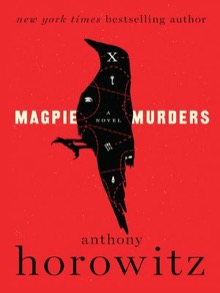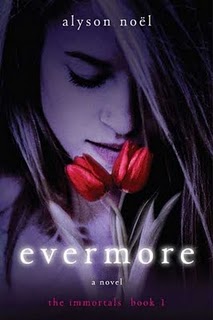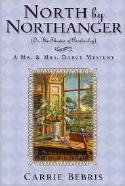This review contains affiliate links, which earn me a small commission when you click and purchase, at no extra cost to you. Thank you for supporting my small business and allowing me to continue providing you a reliable resource for clean book ratings.
Atticus Pünd does not have long to live. The famous detective might have enough strength to investigate one more murder, but he would much rather devote his limited time to a more personal project. While he’s pondering his fate, a young woman comes to consult with him, and he turns her away. Days later, a man in her village is killed, and Herr Pünd knows it is because of his refusal that he died. He therefore travels to Saxby-on-Avon in an attempt to right his wrong before he is dead himself. Suspects are all over the quiet little hamlet, together with myriad motives. Suddenly, a break occurs in the case, and Pünd determinedly heads to apprehend the killer.
At this point, the story jumps the rails and we abruptly get yanked into the “real world,” complete with persons that bear striking similarities to the citizens of Saxby-on-Avon. Pünd’s creator, Alan Conway, cannot be located, and his desperate editor needs to find the final chapters so he can publish this series-ending book, thus saving the little publishing company from financial ruin. Before long, someone in “this” world also dies, and the police cannot be sure it is not suicide.
The rest of the story is sort of a double whodunit, as Conway’s editor tries to gather clues without arousing suspicion, meets with people who had opportunity, struggles to discern a motive (if there is one) and continues to search for the missing final chapters of Magpie Murders. This project is really all over the place, but it is very easy to keep track of what is going on; there is plenty of gentle repetition all the way through the overall story.
Personally, I enjoyed the Atticus Pünd portion (set in 1955) much more than the contemporary section. Horowitz does a marvelous job creating completely different prose for each tale, and to me, the book within the book was just more interesting. Other reviewers have compared the Pünd part to the works of Agatha Christie, and although I do not completely disagree, I believe I could detect as much Ian Fleming coming through as I could Christie.
Rated: High. Frustratingly, this was a totally clean read until the last quarter, when a handful of f-bombs appeared, along with an exceedingly crude anagram revelation.
Click here to purchase your copy of Magpie Murders on Amazon.




